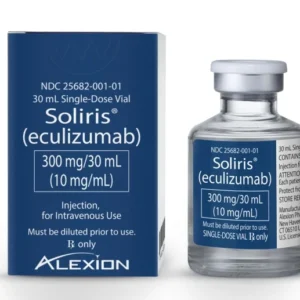Monoclonal antibodies are laboratory-made molecules designed to target specific proteins or cells in the body. They are identical copies of a single type of antibody, produced by cloning a unique immune cell.
Uses and Applications:
- Medical Treatments:
- Cancer: Target cancer cells or associated markers (e.g., trastuzumab for breast cancer).
- Autoimmune Diseases: Modulate immune responses in conditions like rheumatoid arthritis (e.g., adalimumab).
- Infectious Diseases: Treat or prevent diseases by targeting pathogens (e.g., monoclonal antibodies for COVID-19).
- Diagnostic Tools: Monoclonal Antibody
- Testing and Imaging: Used in assays and imaging to detect specific proteins or pathogens.
Advantages:
- Specificity: Target specific cells or proteins, reducing damage to healthy tissues.
- Consistency: Uniformity in the antibody produced ensures consistent therapeutic effects.
Production: Monoclonal Antibody
Monoclonal antibodies are created using recombinant DNA technology and cell culture techniques, involving:
- Immunization: Animal cells are exposed to a target antigen.
- Cell Fusion: Combining antibody-producing cells with cancer cells to create hybridomas.
- Screening and Cloning: Selecting and cloning cells that produce the desired antibody.
Considerations:
- Side Effects: Potential for allergic reactions or immune responses.
- Cost: Often expensive due to complex production and development processes. Monoclonal Antibody
Monoclonal antibodies represent a powerful tool in modern medicine, offering targeted therapies for a variety of conditions.
Sale!
Complement Inhibito
£5,700.00 – £100,000.00

